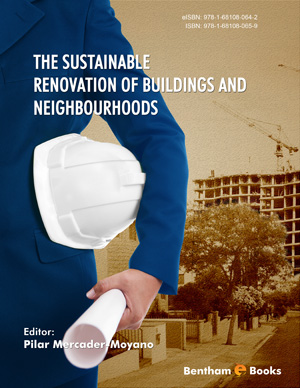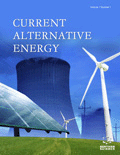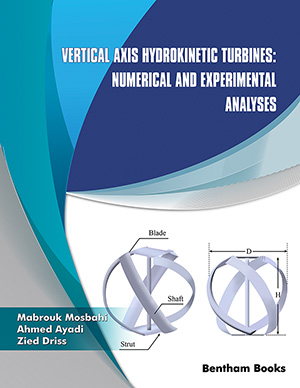Abstract
This chapter presents the results of the Power House NZEB Challenge project [1], subsidize with funds from the Intelligent Energy Europe program, leaded by the public entity Housing Europe. In this context, different public developers of social housing are working on the definition of the concept and the design of Nearly zero energy buildings (NZEB), according to the exigencies present on article 9 of the 2010/31/EU Directive of Energy Efficiency of Buildings. The primary objective of the project is to transfer and exchange experiences between different countries about the design of this type of buildings, and inform to political lawmakers about the results. The project is studying thirty different buildings. Following the optimal cost methodology, as it is presented on the European Directive 2010/31/EU, inside its Delegate Norm 244/2012/EU tries to guarantee a rational use of the financial resources and not letting the economical investment to be disproportionate. This article presents one of the study cases from Spain, showing the results of applying the methodology of the optimal cost, which allows identify those technical solutions with the higher economical profitability considering the global cost of the next 30 years. Furthermore the problems that a study of these characteristics, apparently of easy implementation, usually shows have been identified. The knowledge generated will help to define the NZEB concept and will be useful as a guide for the Member States on the elaboration of the regulatory and financial framework; to assure that energy transition is inclusive and socially, economically and environmentally sustainable.
Keywords: Case study, cost-effectiveness, economical sustainability, energy efficiency, energy qualification, energy retrofit, energy transition, EPBD, environmental sustainability, European policies, global costs, Housing Europe, IEE programme, intelligent energy, NZEB building, NZEB concept, optimal cost, power house, social housing, standard.


















